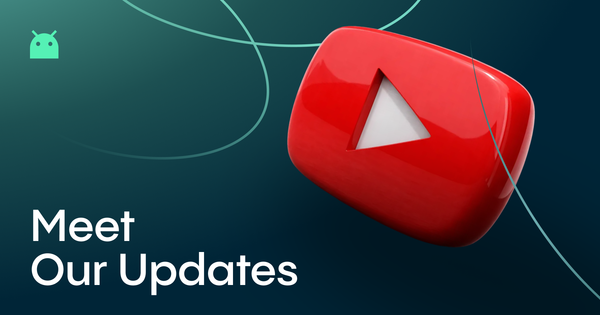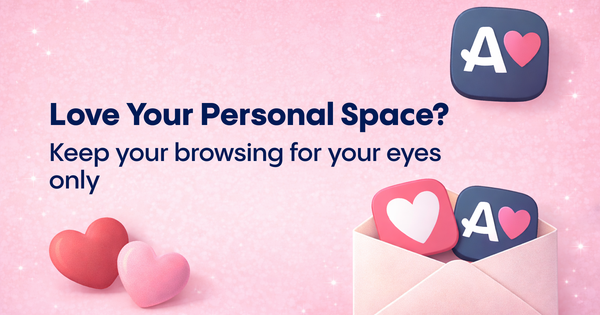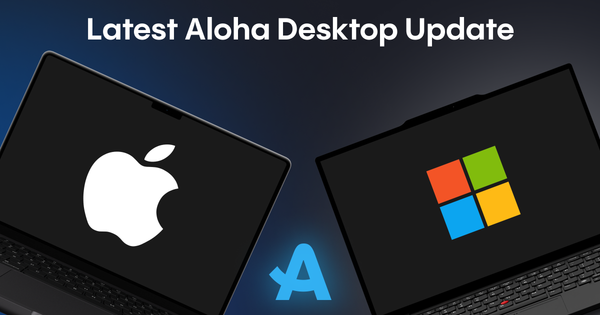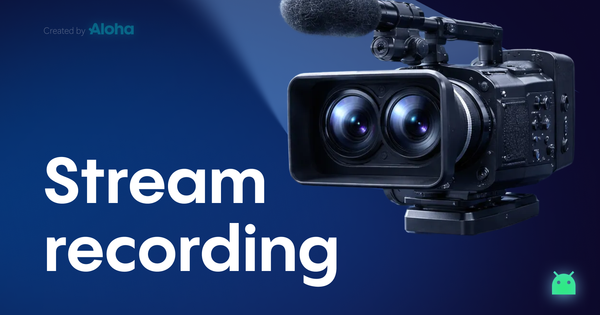How Do I Protect My Kids from the Dangers of AI? (And Do I Need To?)
Why are more educated people using AI less? Find the answer in a small research study conducted by the Aloha Browser Team.
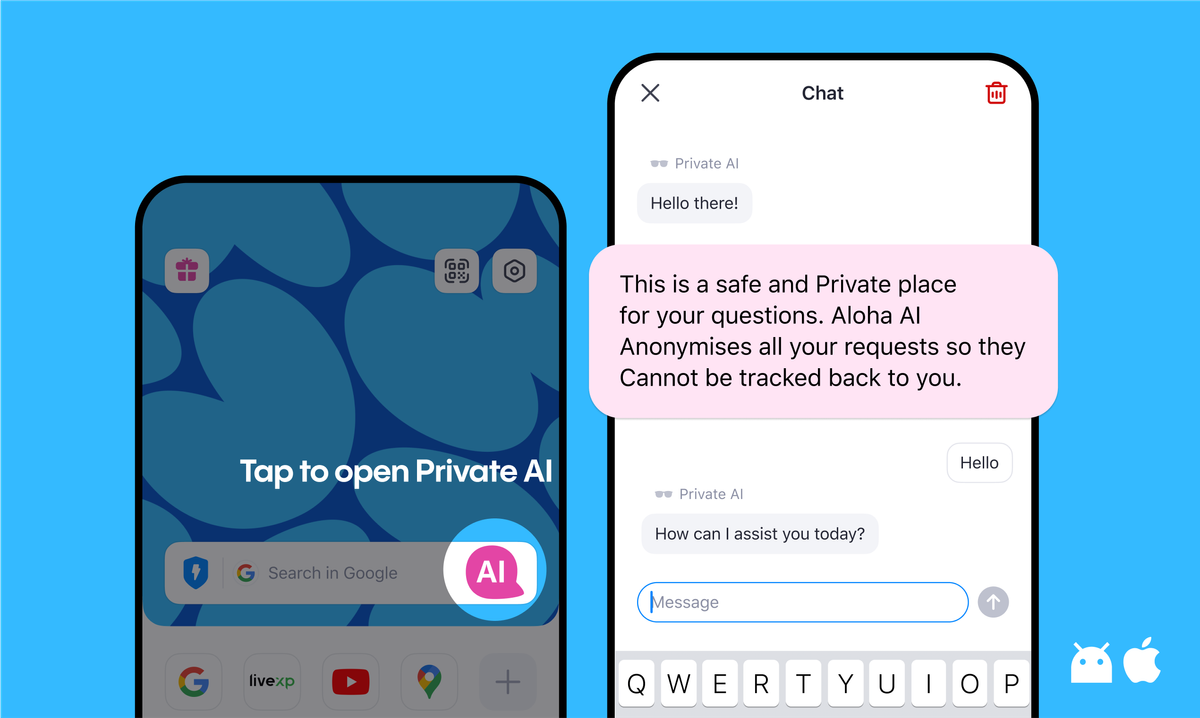
If you haven’t seen Elon Musk catch a 200-ton rocket flying at 20 times the speed of sound with giant chopsticks, employ a humanoid robot in the factory, or unveil a car that has no steering wheel, you must have been living under a rock for a while. If you have kids, you are probably worried about their future and the career choices they will have to make 5 to 25 years from now.
You are not alone in this – world-leading software engineers and data scientists are asking each other the same questions on Reddit and Blind. So far, the consensus is nowhere near solid recommendations, but a couple of things can be clearly identified:
- “Simple” Means “Automated.” Any simple repetitive task (physical or cognitive) can and will be automated. Driving, authoring simple texts, assembling packages, writing basic code, watering plants, creating music, walking dogs, shooting videos, buying groceries, etc. Becoming “just another blogger” or “just another delivery guy” may become a dangerous strategy. Sure, the top 1% in every profession will be safe for a while, but even their jobs will drastically change.
- Change Is Speeding Up. “Education for life” stopped making sense a while ago but is becoming close to impossible now. Learning throughout life and constantly adapting to an ever-changing labour market is now a must-do rather than a “nice to do.” Every field of human activity is changing at an ever-increasing pace, and AI ensures that the speed of innovation will keep increasing exponentially.
- Nothing Is Guaranteed. In a world where even the programmers who created AI are being replaced by it at an alarming rate, no job is safe. Being well above average and staying on top of all the latest trends will help but will not guarantee employment.
In a recent study of AI behaviours across countries, the Aloha Browser team encountered a set of data points that were quite counterintuitive and even hard to believe at first.

Comparing countries by their PISA (quality of education) scores, we observed that the higher the level of education, the less frequently people turn off the AI private assistant feature of the Aloha Browser (using the “Kill All AI” button nicknamed "Sarah Connor mode").
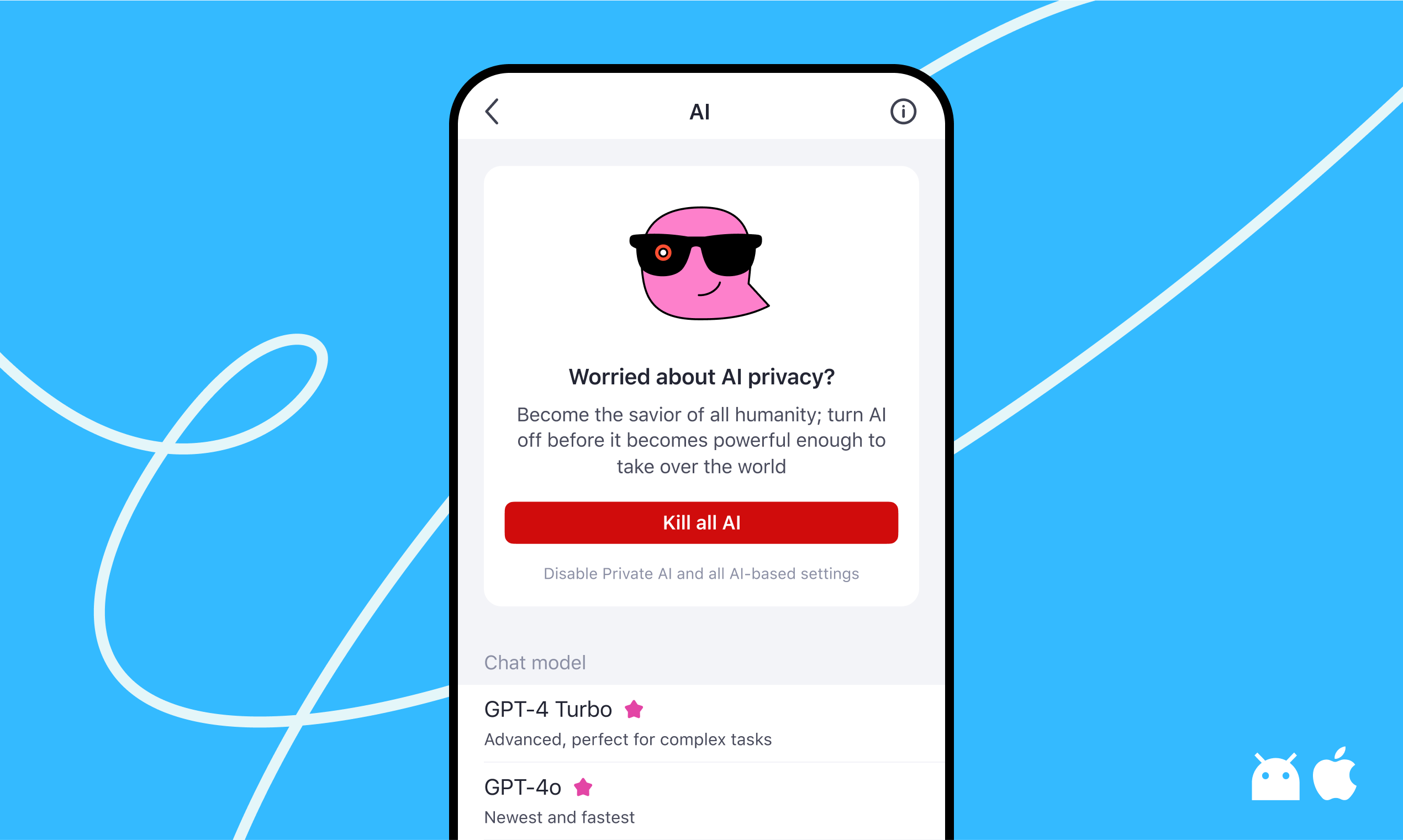
One might expect that educated people know more about AI and how it can assist with tasks like writing emails or essays. So they would turn it off much less often, right? Right. And use it much MORE often? Wrong! Highly educated people not only dislike AI less; they also use it much less often! One reason might be that dependency on AI for simple tasks (like emails and essays) decreases with higher academic achievement.
Of course, this is not thorough scientific research, but it does show a great trend – people who are highly educated are not only less afraid of AI, but they are less dependent on AI to perform their daily information-related tasks. And that might be a good finding in itself – ensuring your kids get a good education reduces their reliance on AI and the chances of their jobs being replaced by one.
If you are not yet on Premium, try all our Premium options free for 30 days. Activate this promo link on your device and enjoy your new superpower!


